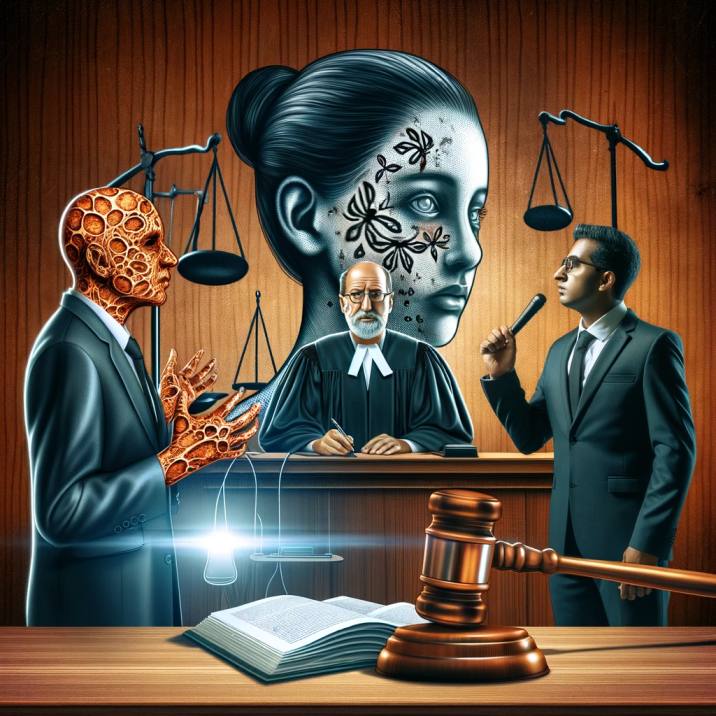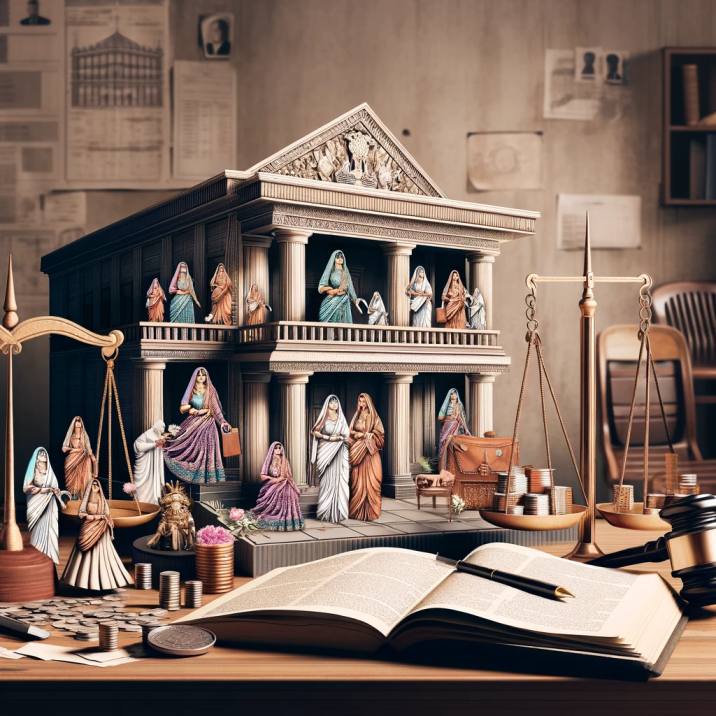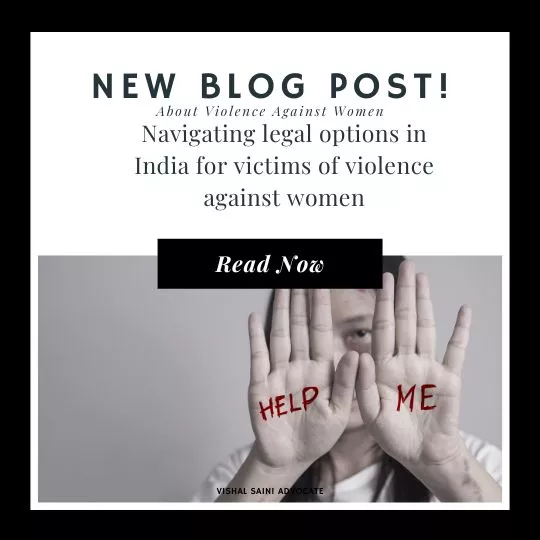In this article we have explained the Role of Child Sexual Assault Lawyer
In the fight against child sexual assault in India, the role of specialized lawyers is indispensable. These legal professionals stand at the forefront of a sensitive battle, combining legal expertise with deep compassion to represent the youngest and most vulnerable victims of abuse. This article explores the critical role of child sexual assault lawyers within the Indian legal framework, emphasizing their approach to providing compassionate representation to survivors.
Child Sexual Assault Lawyer: Compassionate Representation
Specialized Legal Support for Survivors
Child sexual assault lawyers are more than just legal representatives; they are advocates for the voiceless, offering a blend of professional legal guidance and empathetic support. Their specialization in the nuances of child protection laws, particularly the Protection of Children from Sexual Offences (POCSO) Act, 2012, equips them to navigate the complex legal landscape with a child-centric approach.
Navigating Legal Challenges with Compassion
The journey through the legal system can be daunting for survivors and their families. Child sexual assault lawyers play a crucial role in making this process less intimidating, ensuring that the legal rights of the child are protected without causing additional trauma. Their compassionate representation is key to creating a supportive environment that encourages survivors to come forward and seek justice.
Understanding India’s Legal Framework for Child Protection
The Protection of Children from Sexual Offences (POCSO) Act, 2012
The POCSO Act is a cornerstone in India’s legal protection for children against sexual offenses. It provides a comprehensive definition of sexual crimes against children and outlines procedures for the sensitive handling of such cases, including trial processes in Special Courts. Child sexual assault lawyers must have an in-depth understanding of this act to effectively advocate for their clients.
Challenges in the Prosecution of Child Sexual Assault Cases
Despite the robust legal framework provided by the POCSO Act, several challenges persist, including delays in legal proceedings, societal stigma, and the potential for re-traumatization during the trial. Lawyers specializing in child sexual assault cases are instrumental in overcoming these hurdles, advocating for expedited trials and the implementation of child-friendly procedures.
Advocating for Change and Healing
Beyond the Courtroom: Advocacy for Systemic Change
Child sexual assault lawyers in India are not limited to courtroom advocacy. They also engage in broader efforts to effect systemic change, including legal reform and public awareness campaigns aimed at preventing child sexual assault and improving the response to such crimes. Their work is vital in pushing for a society that is safer for all children.
Supporting the Survivor’s Journey to Healing
The role of a child sexual assault lawyer extends to supporting the survivor’s path to healing. By providing compassionate representation and ensuring that the legal process does not add to the child’s trauma, these lawyers are crucial allies in the survivor’s recovery. They often collaborate with mental health professionals, social workers, and child welfare organizations to ensure comprehensive support for the child and their family.
Conclusion
Child sexual assault lawyers in India provide an essential service, combining legal expertise with compassion to represent and advocate for survivors of child sexual abuse. Their work within the framework of the POCSO Act and beyond is crucial in ensuring justice for survivors, advocating for legal and systemic reforms, and supporting the healing process. As awareness increases and legal protections are strengthened, the hope is that more survivors will find the courage to seek justice, knowing they have compassionate and competent representation.
Final Note
The compassionate representation provided by child sexual assault lawyers is fundamental to addressing the scourge of child sexual abuse in India. Through their dedicated advocacy and specialized legal support, they ensure that survivors are not only heard but also respected and protected throughout the legal process, paving the way for healing and justice.
FAQs on Child Sexual Assault Law in India
- What is the POCSO Act?
- The Protection of Children from Sexual Offences (POCSO) Act, 2012, is a comprehensive law enacted to protect children (individuals under 18 years) from offenses of sexual assault, sexual harassment, and pornography.
- How does the POCSO Act protect child victims during trial?
- The POCSO Act mandates child-friendly procedures for reporting, recording of evidence, investigation, and trial of offenses. It includes provisions for in-camera trials and allows for the child not to see the accused during testimony.
- What qualifies as a child sexual assault under Indian law?
- Child sexual assault under the POCSO Act includes physical contact without consent, penetrative and non-penetrative sexual assault, and sexual harassment against a child under 18 years.
- Can someone report child sexual abuse anonymously?
- Yes, individuals can report cases of child sexual abuse anonymously to the police or child welfare committees.
- What are the penalties for child sexual assault under the POCSO Act?
- Penalties range from a minimum of three years to life imprisonment, depending on the severity of the assault, with some offenses also attracting fines.
- Is the identity of the child victim kept confidential?
- Yes, the POCSO Act requires the identity of the child victim to be kept confidential throughout the legal process.
- Can a family member be charged under the POCSO Act?
- Yes, family members can be charged if they commit or facilitate the commission of sexual offenses against a child.
- What is the role of a Child Welfare Committee (CWC)?
- CWCs are specialized bodies established to address the welfare of children in need of care and protection, including victims of sexual offenses.
- Are there any time limitations for reporting child sexual assault?
- There are no specific time limitations for reporting offenses under the POCSO Act; however, timely reporting is crucial for collecting evidence.
- Can the testimony of a child be considered without corroboration?
- Yes, a child’s testimony can be considered without corroboration if it is found reliable by the court.
- What is the role of a Special Court under the POCSO Act?
- Special Courts are designated to conduct trials of offenses under the POCSO Act, ensuring a child-friendly process.
- How does the legal system ensure the child’s comfort during testimony?
- Measures like allowing a trusted person to be present, using video conferencing, and avoiding direct questioning by the accused are implemented.
- What are the responsibilities of a child sexual assault lawyer?
- They provide legal representation, ensure the child’s rights are protected, and guide the family through the legal process with sensitivity.
- Can a minor consent to sexual activities under the POCSO Act?
- No, any sexual activity involving a person under 18 is considered an offense under the POCSO Act, regardless of consent.
- Is there a provision for compensation to the victim?
- Yes, the POCSO Act and various state schemes provide for compensation to the victims of child sexual abuse.
- What happens if someone fails to report a case of child sexual abuse?
- Failing to report a known case of child sexual abuse is punishable under the POCSO Act.
- Can a case be filed after many years of the incident?
- Yes, cases can be filed after several years, although immediate reporting is beneficial for evidence collection.
- How are false accusations handled under the POCSO Act?
- False accusations are punishable under the Indian Penal Code; however, proving an accusation false requires substantial evidence.
- What support services are available for survivors of child sexual assault?
- Psychological counseling, legal assistance, and rehabilitation services are available for survivors.
- Can the media report details of a child sexual assault case?
- The media is prohibited from disclosing any information that can lead to the identification of a child victim.
- What is an in-camera trial?
- An in-camera trial is a private hearing where only the judge, legal parties, the child, and necessary personnel are present.
- Are there any guidelines for police handling POCSO cases?
- Yes, police are provided with specific guidelines for sensitively handling cases, including the creation of Special Juvenile Police Units.
- What is the mandatory reporting requirement?
- Any person, including professionals working with children, who has knowledge of an offense under the POCSO Act must report it to the police.
- How does the court ascertain the age of the victim?
- The court can use birth certificates, school certificates, or a medical examination to ascertain the age of the victim.
- Can an adult be charged for a consensual relationship with a 17-year-old?
- Yes, under the POCSO Act, any sexual activity with a person under 18 is considered a crime, regardless of consent.
- What are the bail provisions for accused under the POCSO Act?
- The POCSO Act has stringent bail provisions, considering the gravity of the offense and the potential threat to the victim.
- How are victims protected from further abuse during the legal process?
- Protective measures include anonymizing the victim’s identity, in-camera trials, and restraining orders against the accused.
- What training do child sexual assault lawyers undergo?
- They often undergo specialized training in child psychology, forensic interviewing, and the legal procedures of the POCSO Act.
- Can non-Indian citizens be charged under the POCSO Act?
- Yes, any individual committing an offense against a child in India can be charged under the POCSO Act, regardless of nationality.
- What initiatives exist for public awareness on child sexual abuse?
- Government and NGOs run various campaigns and programs for public awareness and education on preventing child sexual abuse.
Sources:-















